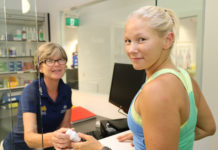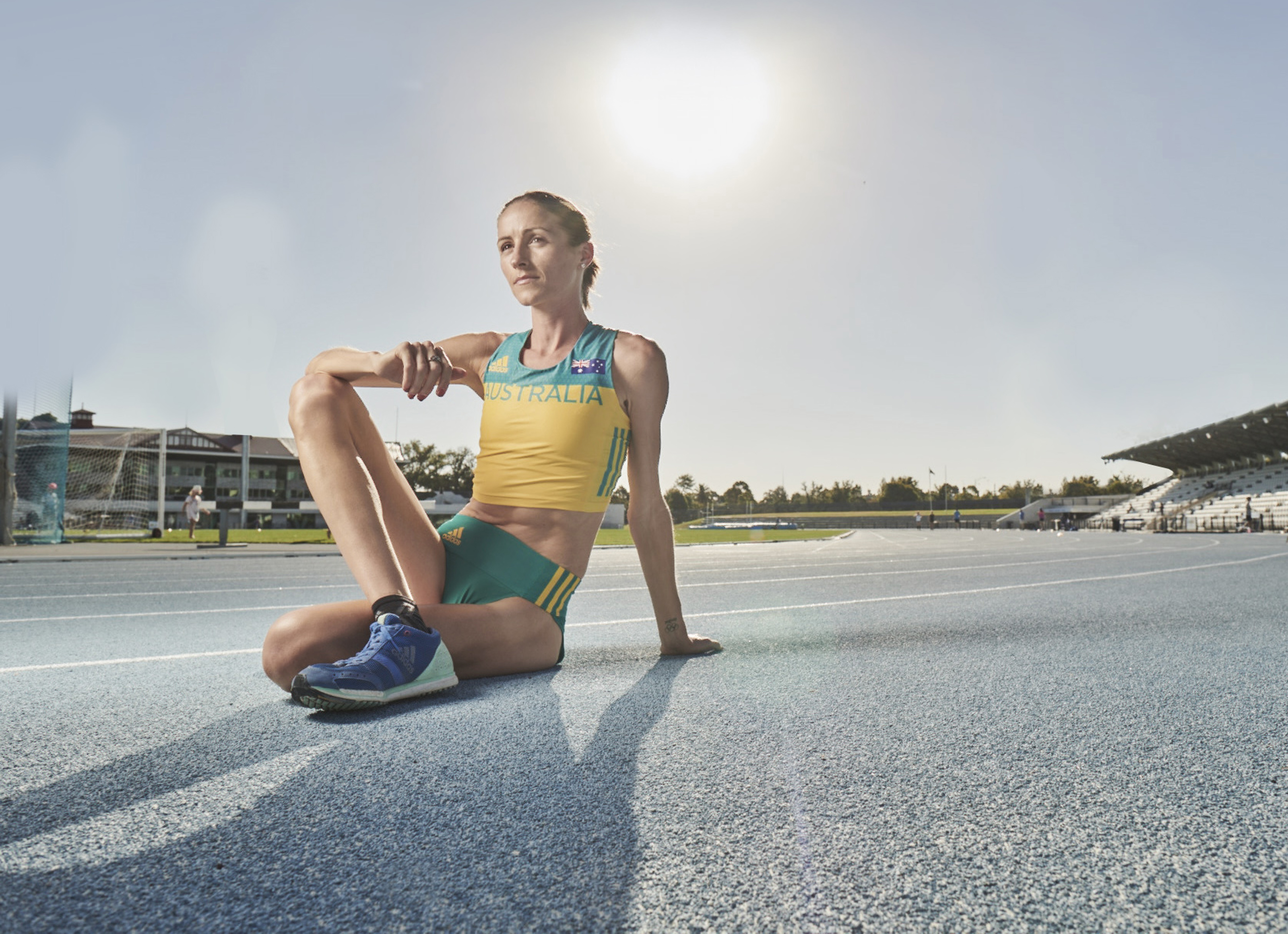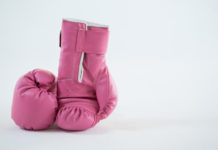Pharmacist and runner Madeline Hills, applauded for her standout sportsmanship in the Commonwealth Games, tells AP how her pharmacy training set her up for athletic success.
Ms Hills’ inspiring efforts on the track and at the 10,000m race-end on 9 April have been recognised and lauded internationally for showing the world what sportsmanship is all about.
Instead of leaving the track once her Commonwealth Games race was complete, as most competitors did, Ms Hills and her Australian teammates remained in place, compassionately awaiting the arrival of the last competitor Lineo Chaka from Lesotho, whom they cheered and clapped across the finish line.
Ms Hills is still to compete in the Women’s 5000m Final on Saturday 14 April.
Before leaving to compete in the Commonwealth Games, Madeline talked to AP about the correlations between her pharmacy training and what it takes to be an Olympic athlete.
Q. You’re an Olympic and Commonwealth Games steeplechase veteran but you’ve made a late switch. Instead you’re contesting the 5000m and 10,000m flat – no hurdles or water pits. Why?
A. After the Olympics, I picked up a string of injuries that don’t really agree with all the jumping of steeplechase. Funnily enough, hurdling has always been the part I don’t like about the steeplechase. But it does seem strange to have left steeplechase; hopefully it’s not forever.
Q. What drew you to participating in the steeplechase originally?
A. In my second year as a pharmacy student the 2006 Commonwealth Games were on in Melbourne and we saw the steeplechase as an event I could qualify for. I’m quite tall and I’ve got very, very long limbs so I suppose people looked at me and thought I would effortlessly jump over things. To be fair, I actually don’t. I’m not the most coordinated but I get over them because I’m long.
Q. You did in fact qualify for the Melbourne Games, but three people qualified faster. You then parked the steeplechase for a while and focused on pharmacy?
A. Yes, I finished my study and had a really strong desire to travel. For the next four or five years I locumed around the country and did this cycle of working crazy hours, travelling overseas for months, then coming back to replenish the stocks. While I was working Adelaide, I studied a Masters in International Public Health – I wanted to see where pharmacy could take me. But then I started running again and community pharmacy worked for me because it’s so flexible.
Q. It was around this time that you started training towards the 2016 Rio Olympics. What has made your athletics career so satisfying?
A. The best moments are when I’m able to achieve something that once seemed impossible. I went into the Rio Olympics with a broken second metatarsal and all the specialists, the team doctor – everyone – was saying ‘we don’t want you to run on this’. So I emailed a family friend who’s a doctor for the Australian cricket team saying ‘What do you think?’ He wrote back ‘Mads, they’re right – you can’t run on this’. I remember getting that email and deleting it.
Q. You went on to run a personal best in Rio. What lessons has your sporting career taught you that you can apply to pharmacy and vice versa?
A. Pharmacists are quite meticulous with planning and executing things. Taking that to my running has helped me minimise complications from injury, plus train and work full-time relatively stress-free. Running has helped me be more flexible as a pharmacist. That can be as simple as adjusting when staff don’t turn up, thinking on your feet and accepting when things don’t go a certain way.





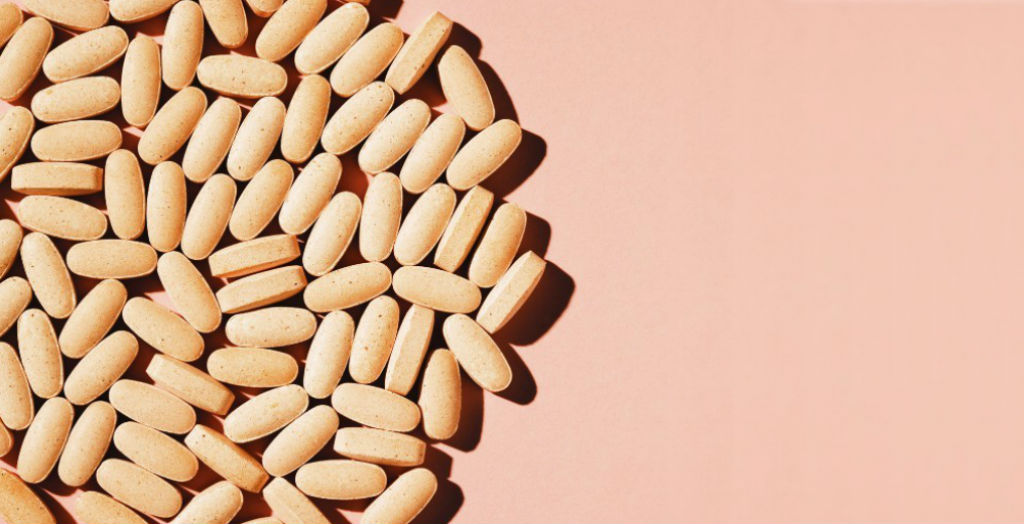
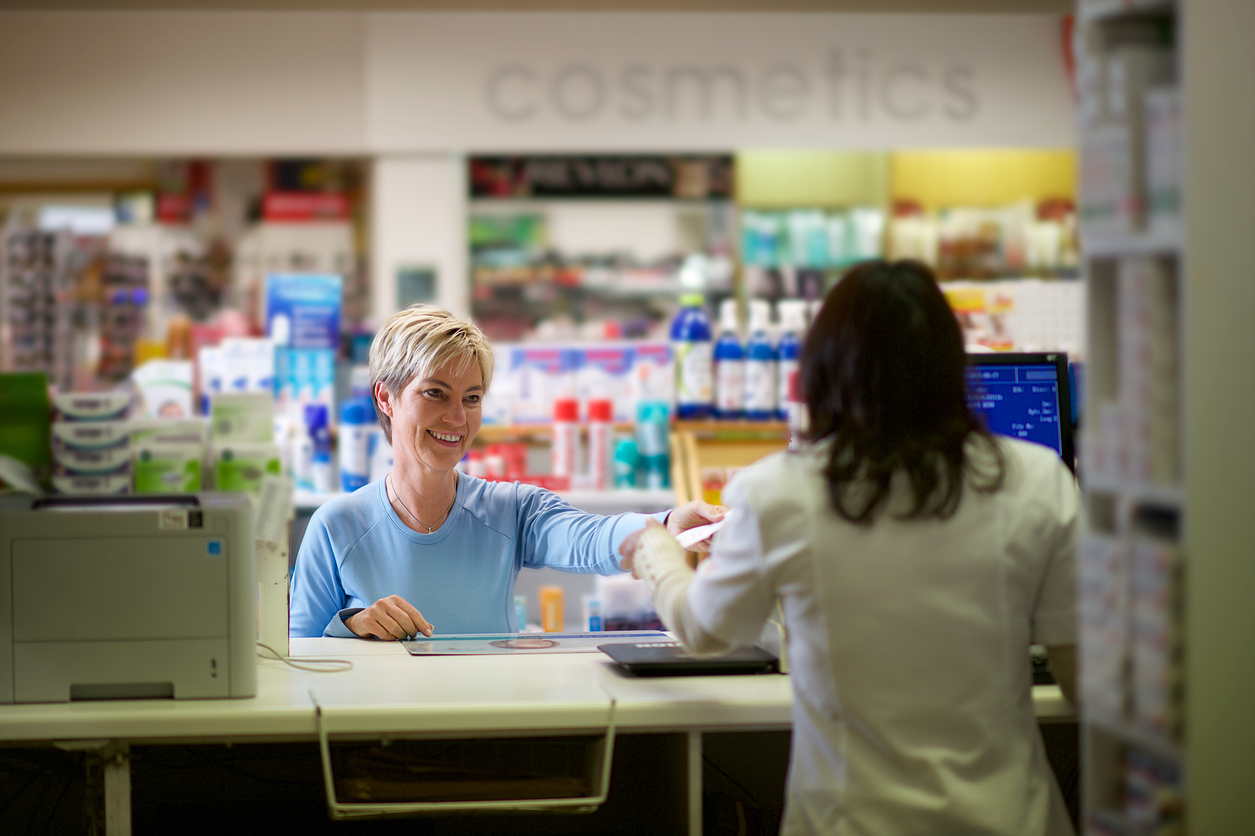
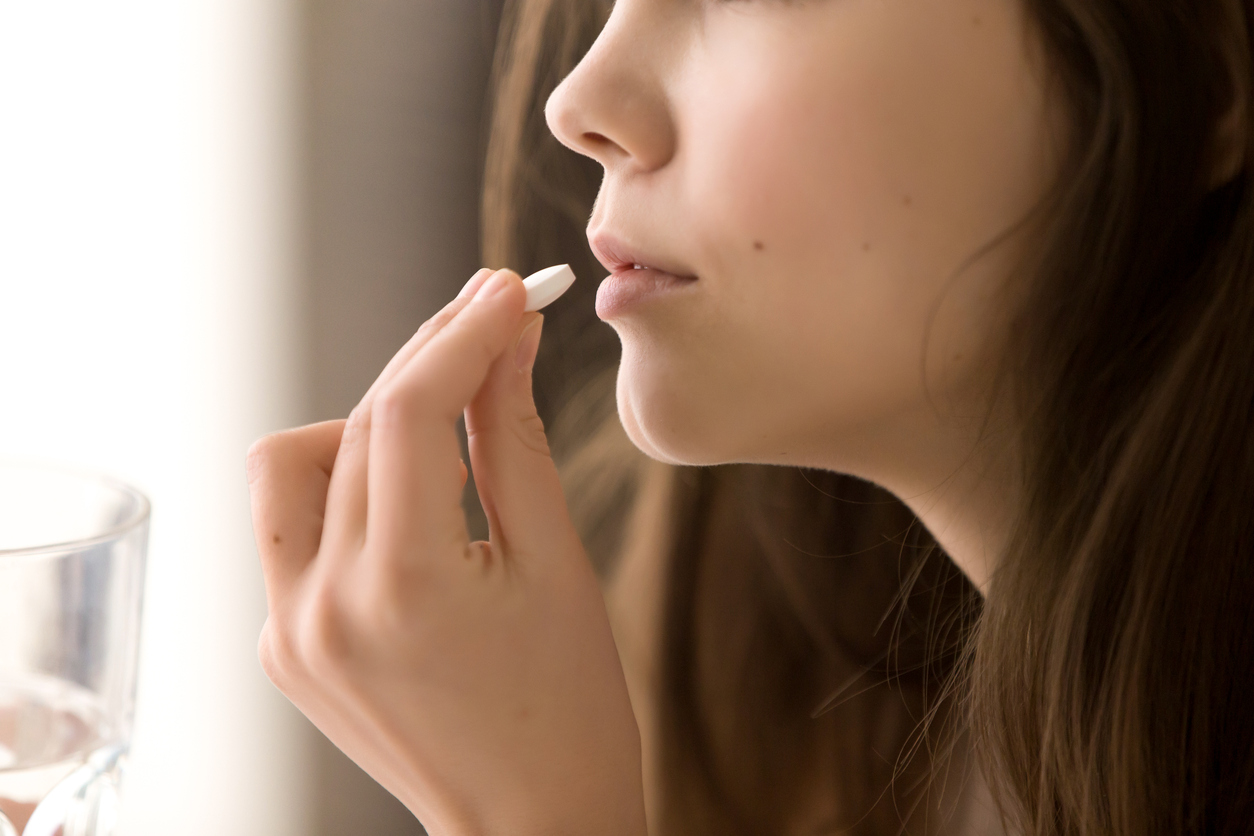
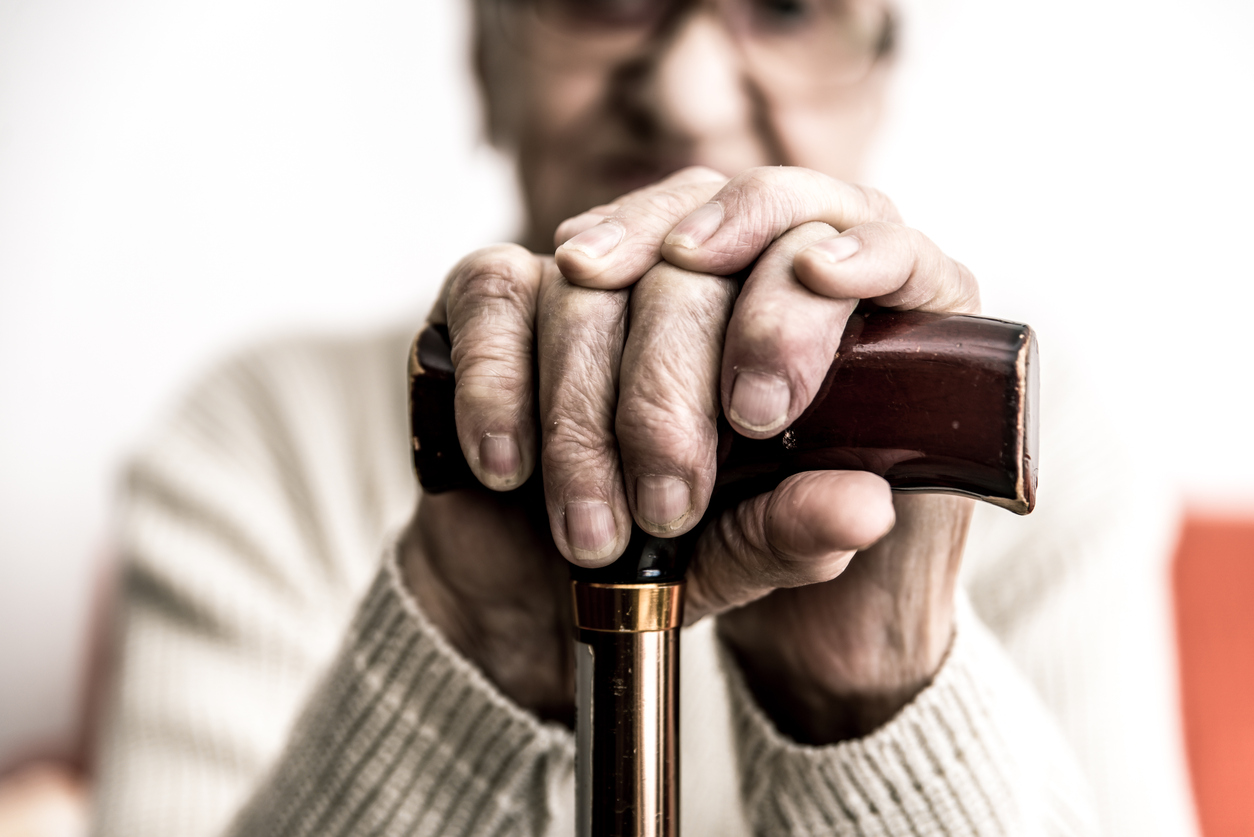




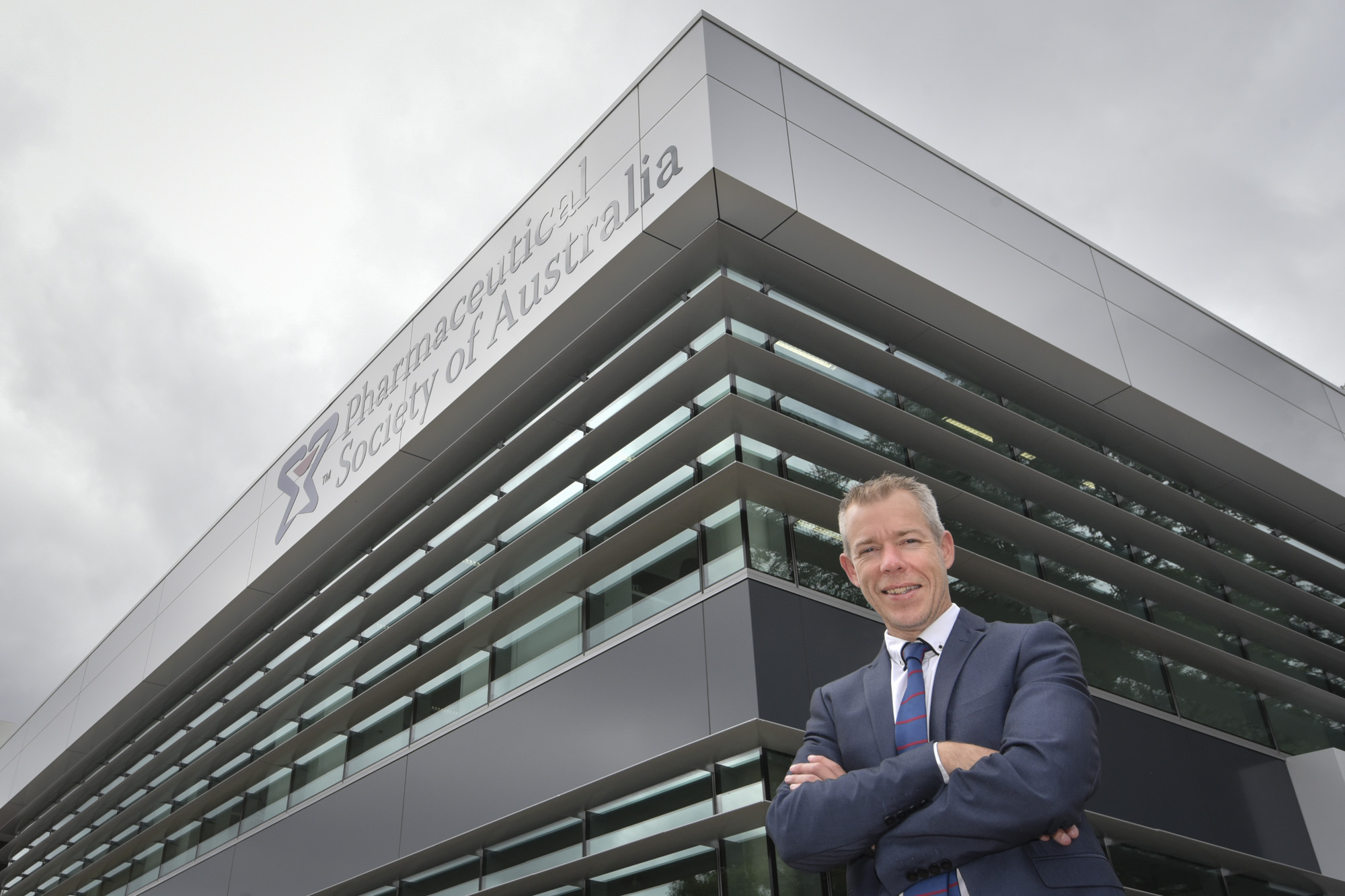
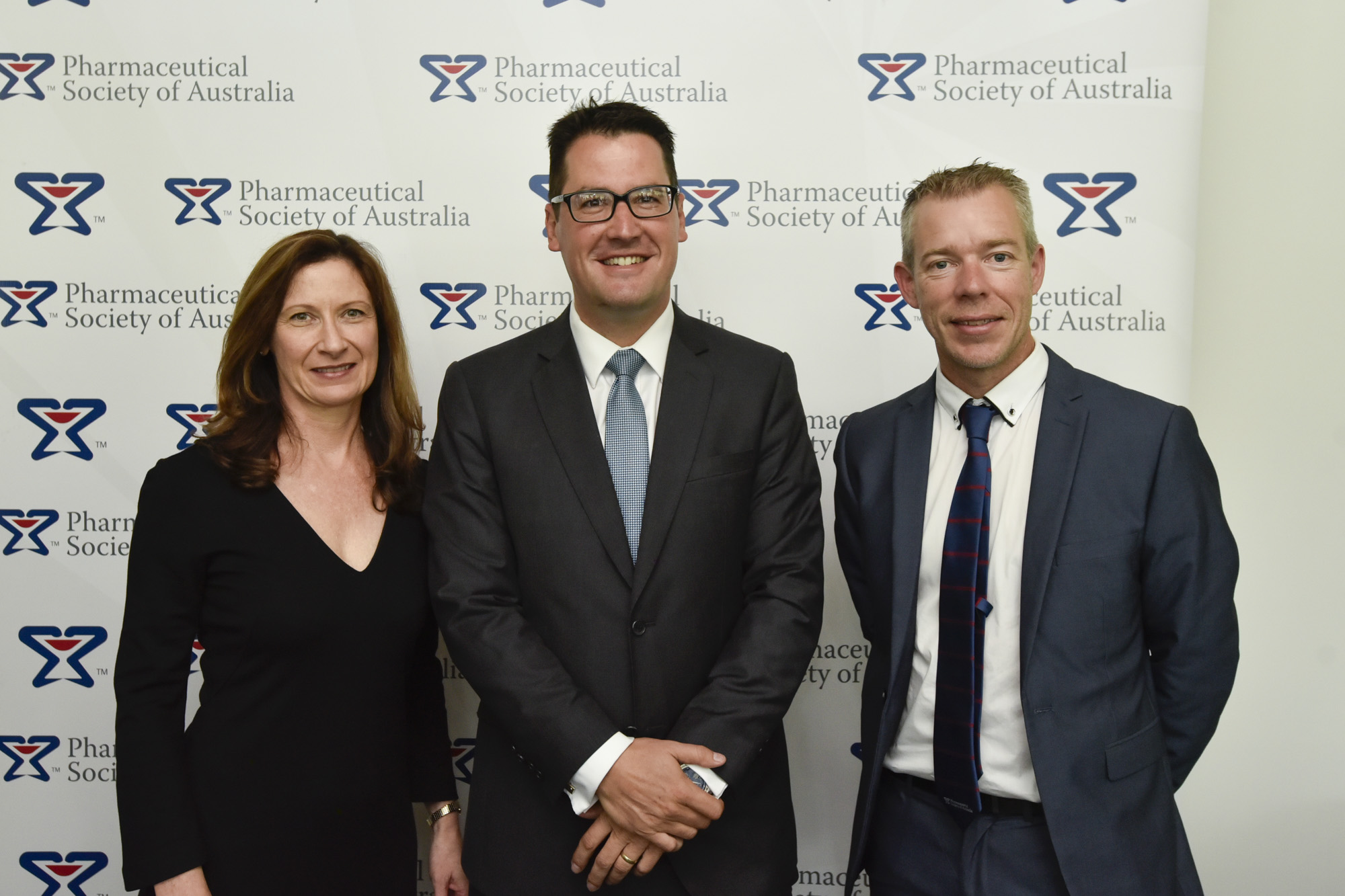 PSA Chief Operating Officer Deb Bowden, Senator Zed Seselja and PSA National President Dr Shane Jackson.[/caption]
PSA Chief Operating Officer Deb Bowden, Senator Zed Seselja and PSA National President Dr Shane Jackson.[/caption]
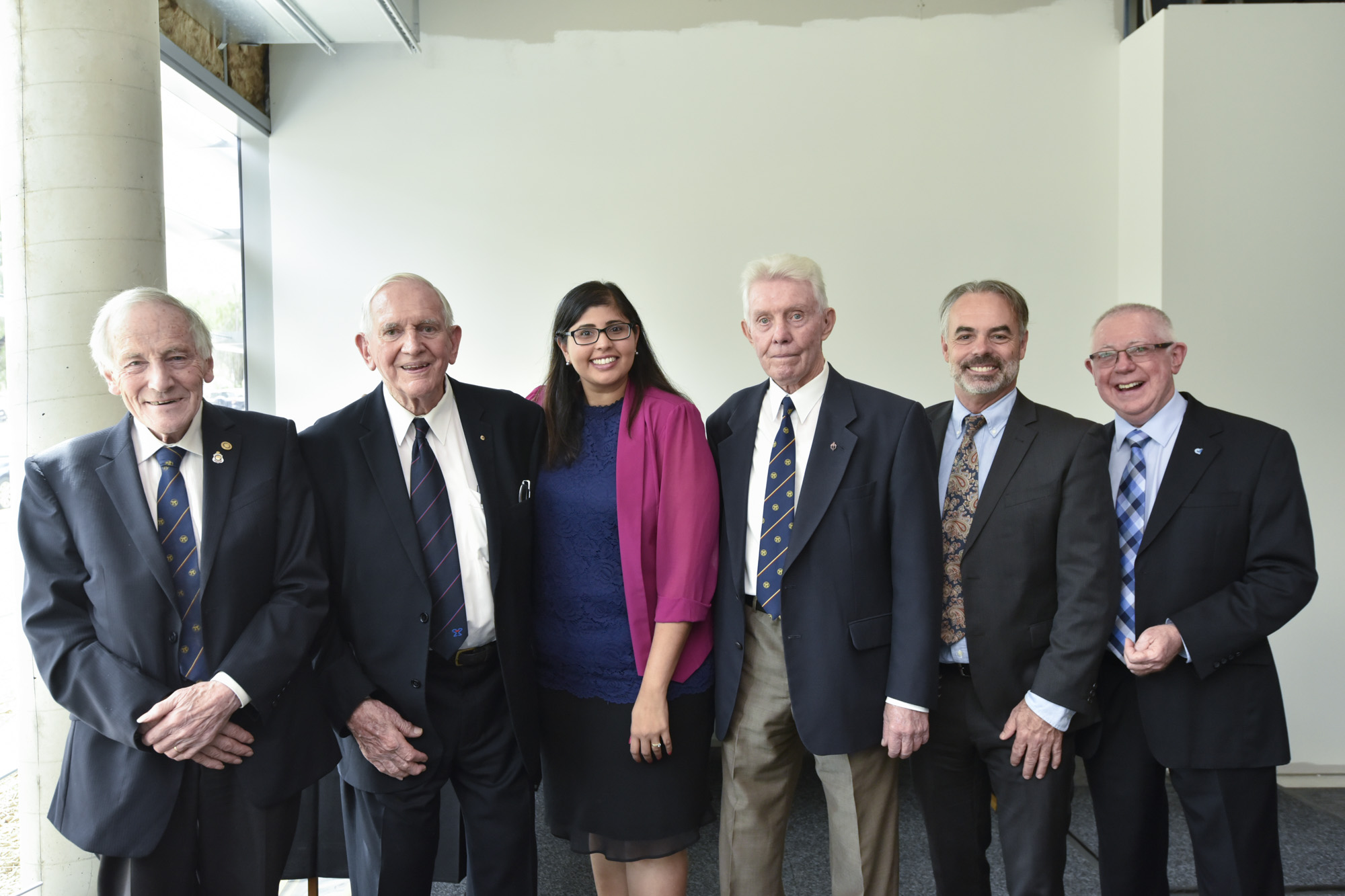

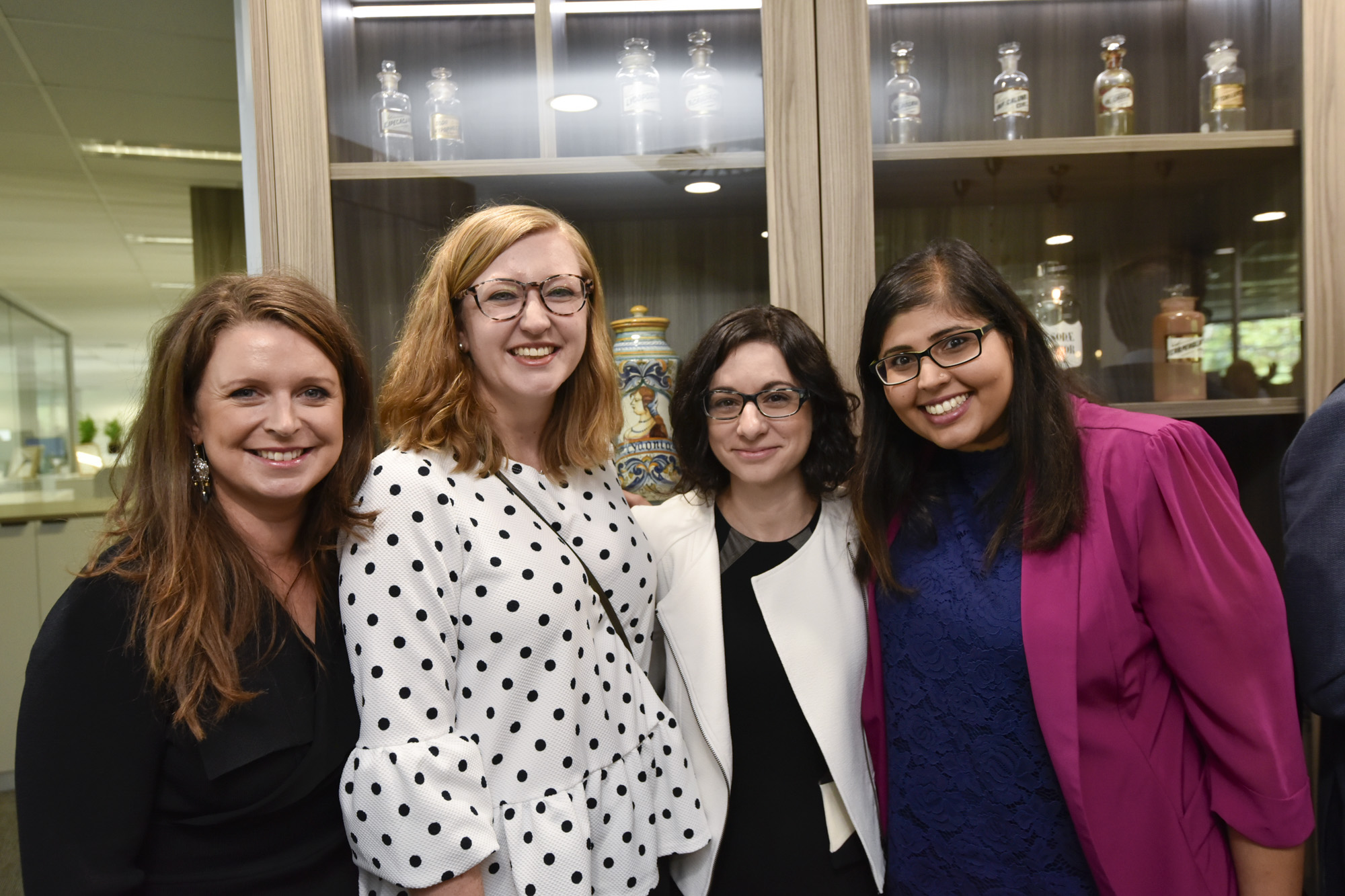

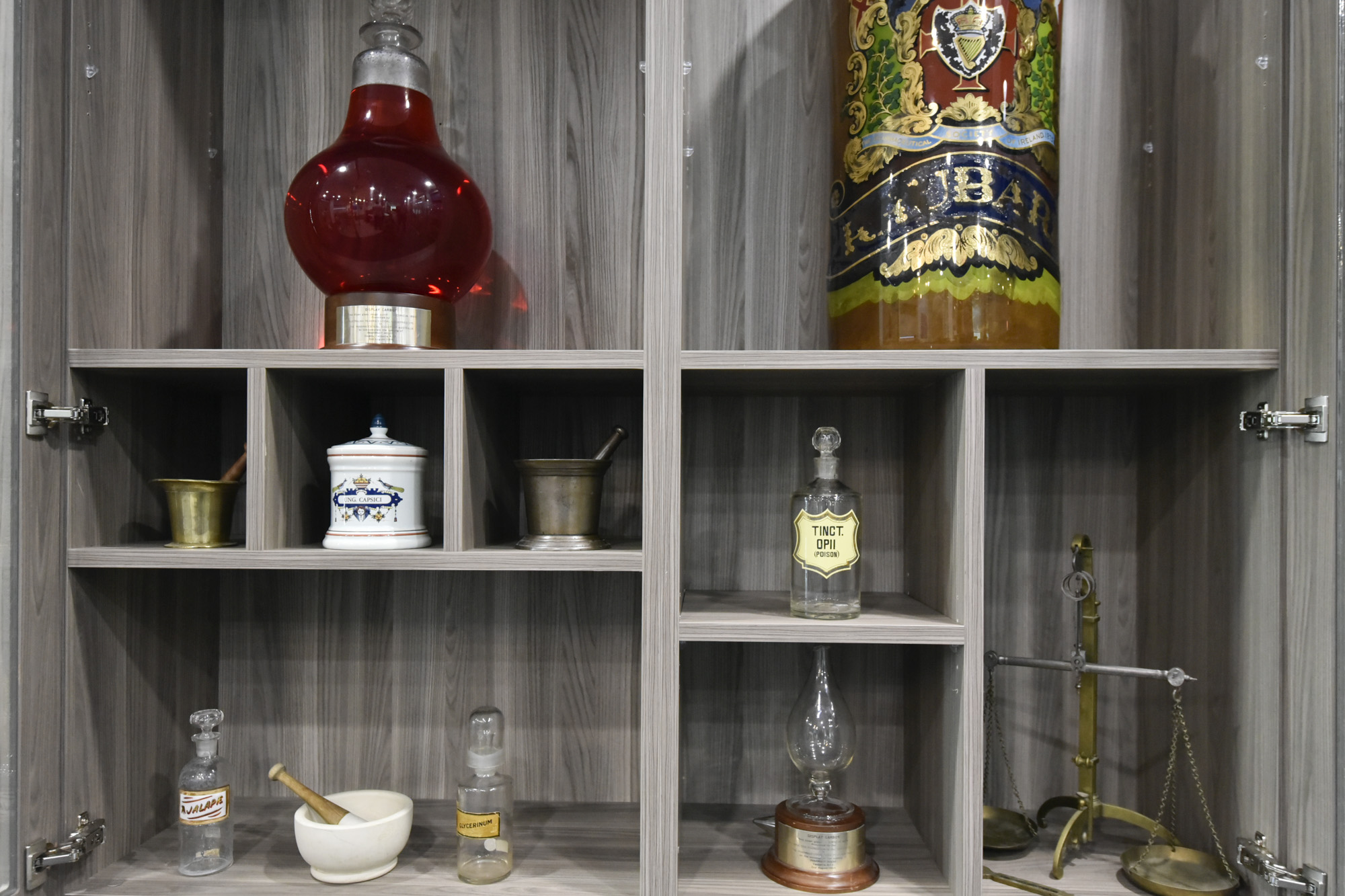
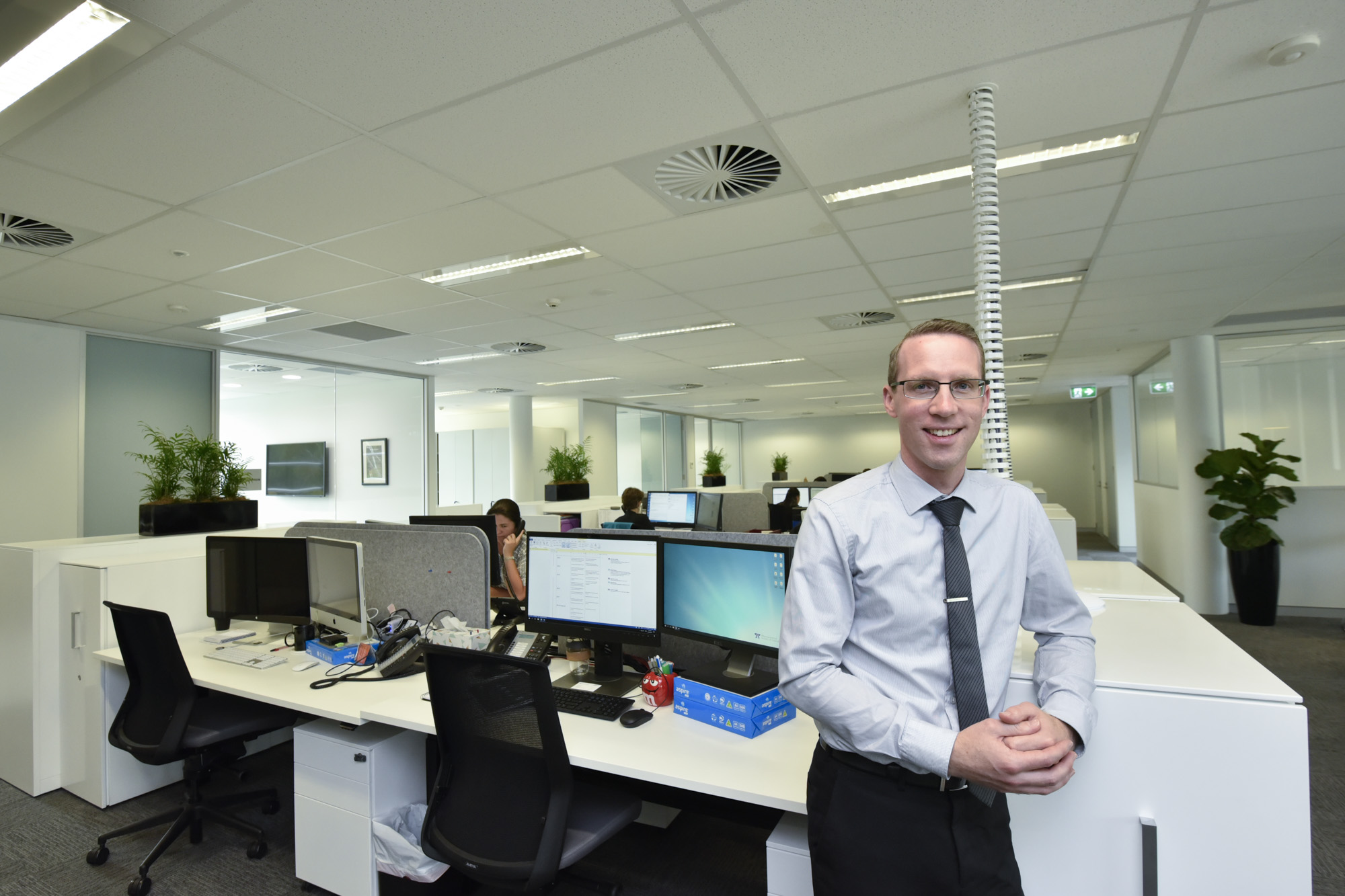 [post_title] => New Pharmacy House opens
[post_excerpt] =>
[post_status] => publish
[comment_status] => open
[ping_status] => open
[post_password] =>
[post_name] => new-pharmacy-house-opens
[to_ping] =>
[pinged] =>
[post_modified] => 2018-04-05 12:33:52
[post_modified_gmt] => 2018-04-05 02:33:52
[post_content_filtered] =>
[post_parent] => 0
[guid] => http://psa.studionerve.com/?p=1231
[menu_order] => 0
[post_type] => post
[post_mime_type] =>
[comment_count] => 0
[filter] => raw
)
[title_attribute] => New Pharmacy House opens
[title] => New Pharmacy House opens
[href] => http://psa.studionerve.com/new-pharmacy-house-opens/
[module_atts:td_module:private] => Array
(
)
[td_review:protected] => Array
(
)
[is_review:protected] =>
[post_thumb_id:protected] => 1239
)
[post_title] => New Pharmacy House opens
[post_excerpt] =>
[post_status] => publish
[comment_status] => open
[ping_status] => open
[post_password] =>
[post_name] => new-pharmacy-house-opens
[to_ping] =>
[pinged] =>
[post_modified] => 2018-04-05 12:33:52
[post_modified_gmt] => 2018-04-05 02:33:52
[post_content_filtered] =>
[post_parent] => 0
[guid] => http://psa.studionerve.com/?p=1231
[menu_order] => 0
[post_type] => post
[post_mime_type] =>
[comment_count] => 0
[filter] => raw
)
[title_attribute] => New Pharmacy House opens
[title] => New Pharmacy House opens
[href] => http://psa.studionerve.com/new-pharmacy-house-opens/
[module_atts:td_module:private] => Array
(
)
[td_review:protected] => Array
(
)
[is_review:protected] =>
[post_thumb_id:protected] => 1239
)
